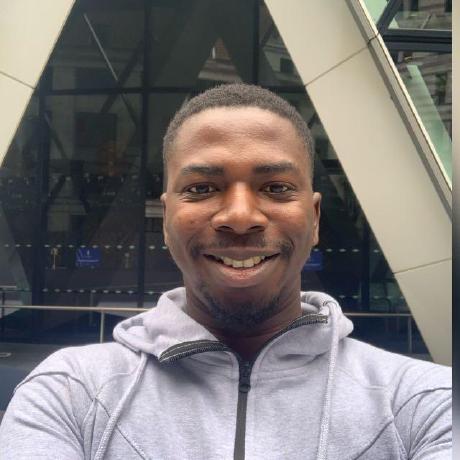LLVIP by  bupt-ai-cz
bupt-ai-cz
Visible-infrared paired dataset for low-light vision research
Top 47.5% on sourcepulse
LLVIP provides a large-scale, visible-infrared paired dataset for low-light vision tasks, specifically targeting pedestrian detection and image fusion. It is designed for researchers and engineers working on improving computer vision performance in challenging low-light environments. The dataset enables the development and evaluation of algorithms that leverage both visible and infrared spectrums.
How It Works
The project offers the LLVIP dataset, comprising over 30,000 paired visible and infrared images. It includes baseline implementations and training scripts for image fusion (FusionGAN, DenseFuse, IFCNN) and pedestrian detection (YOLOv5, YOLOv3), allowing users to directly benchmark their methods against established approaches. The dataset is structured for easy integration with common deep learning frameworks.
Quick Start & Requirements
- FusionGAN:
conda activate FusionGAN,python main.py(train),python test_one_image.py(test). Requires Python 3.7, TensorFlow-GPU 1.14.0, SciPy 1.2.1, Matplotlib, OpenCV. - DenseFuse:
conda activate DenseFuse,python main.py. Requires Python 3.7, TensorFlow-GPU 1.14.0, SciPy 1.2.1, Scikit-image. - YOLOv5:
pip install -r requirements.txt,python train.py(train),python val.py(test). Requires Python >=3.6.0, PyTorch. - pix2pixGAN:
pip install -r requirements.txt,python train.py(train),python test.py(test). Requires PyTorch. - Dataset download from homepage.
Highlighted Details
- Dataset includes over 30,976 paired visible and infrared images.
- Provides baseline implementations for image fusion and pedestrian detection.
- Includes a toolbox for converting annotation formats (XML to YOLOv5, YOLOv3, COCO).
- Released raw data for image registration research.
Maintenance & Community
The dataset has seen recent updates (Jan 2024, Feb 2023) with corrected annotations and released pre-trained models. Contact emails are provided for contributions and inquiries.
Licensing & Compatibility
The LLVIP Dataset is freely available for non-commercial purposes, including academic research, teaching, and scientific publications. Commercial use requires explicit permission.
Limitations & Caveats
The provided baseline implementations have specific, older dependency requirements (e.g., TensorFlow 1.14.0, Python 3.7), which may pose challenges for integration with modern deep learning environments. Some annotations have been corrected, and users should refer to the provided links for specific versions.
1 year ago
1 day

 showlab
showlab xlite-dev
xlite-dev cavalli1234
cavalli1234 mmaaz60
mmaaz60 bubbliiiing
bubbliiiing ddshan
ddshan apple
apple rishizek
rishizek leoxiaobin
leoxiaobin OlafenwaMoses
OlafenwaMoses